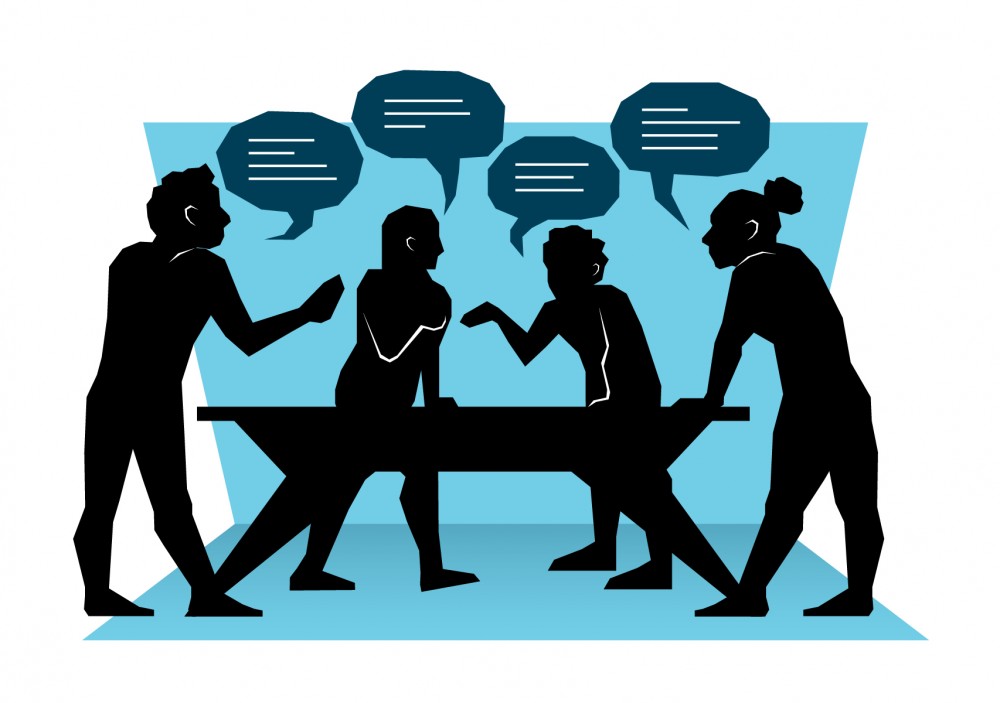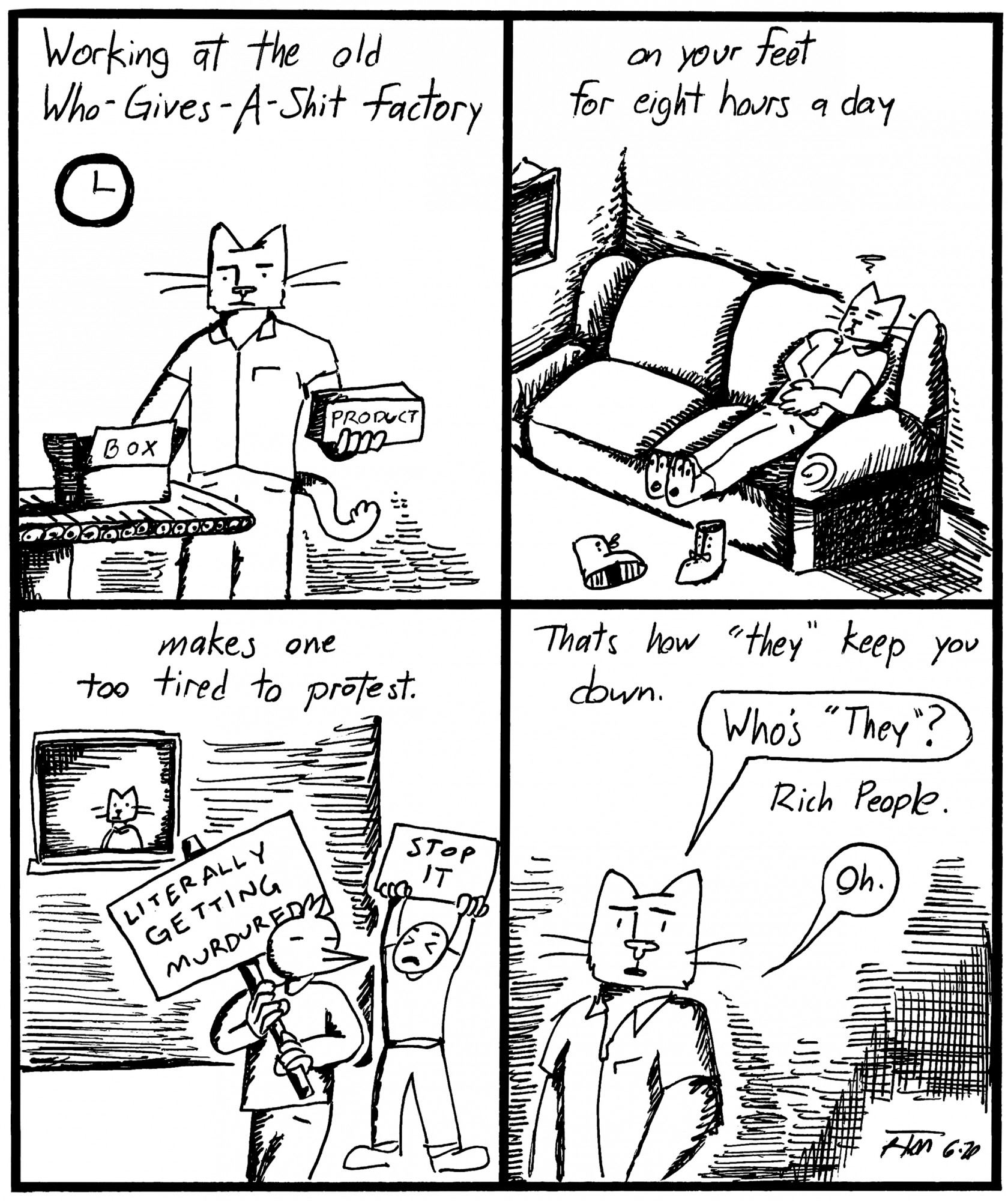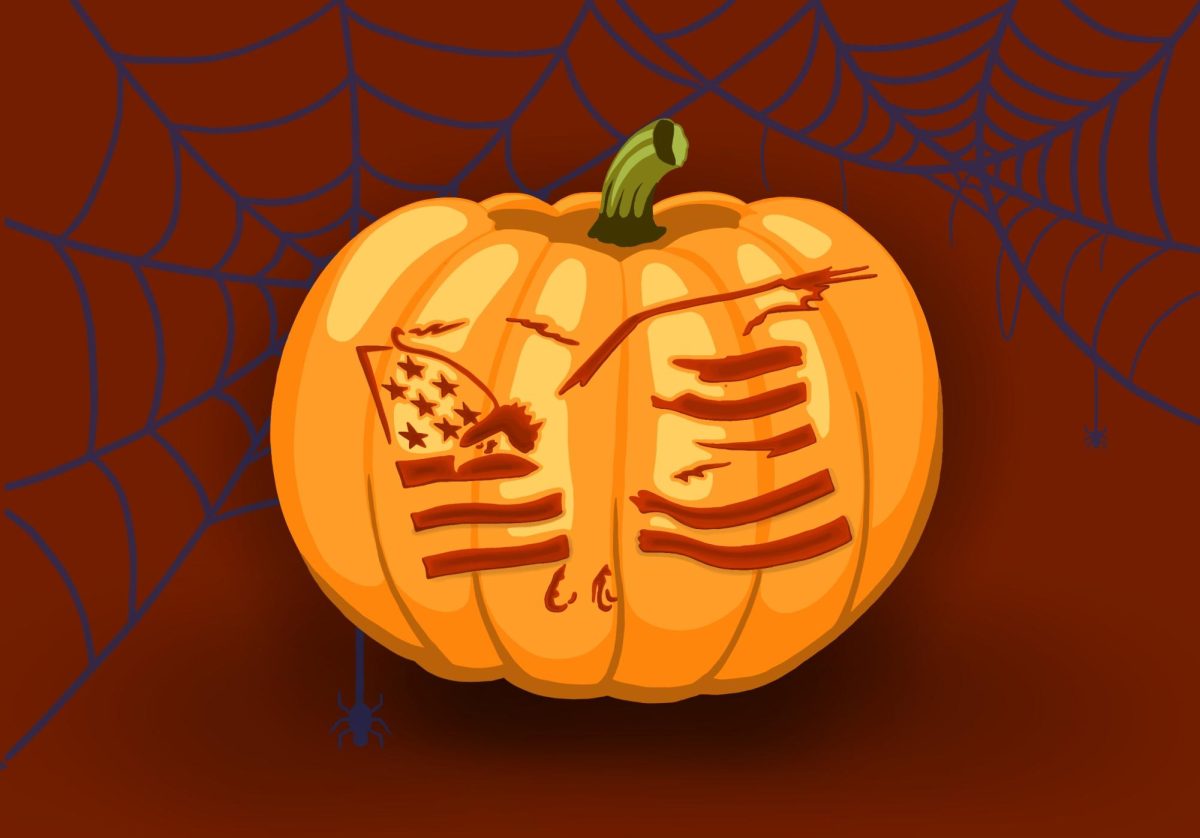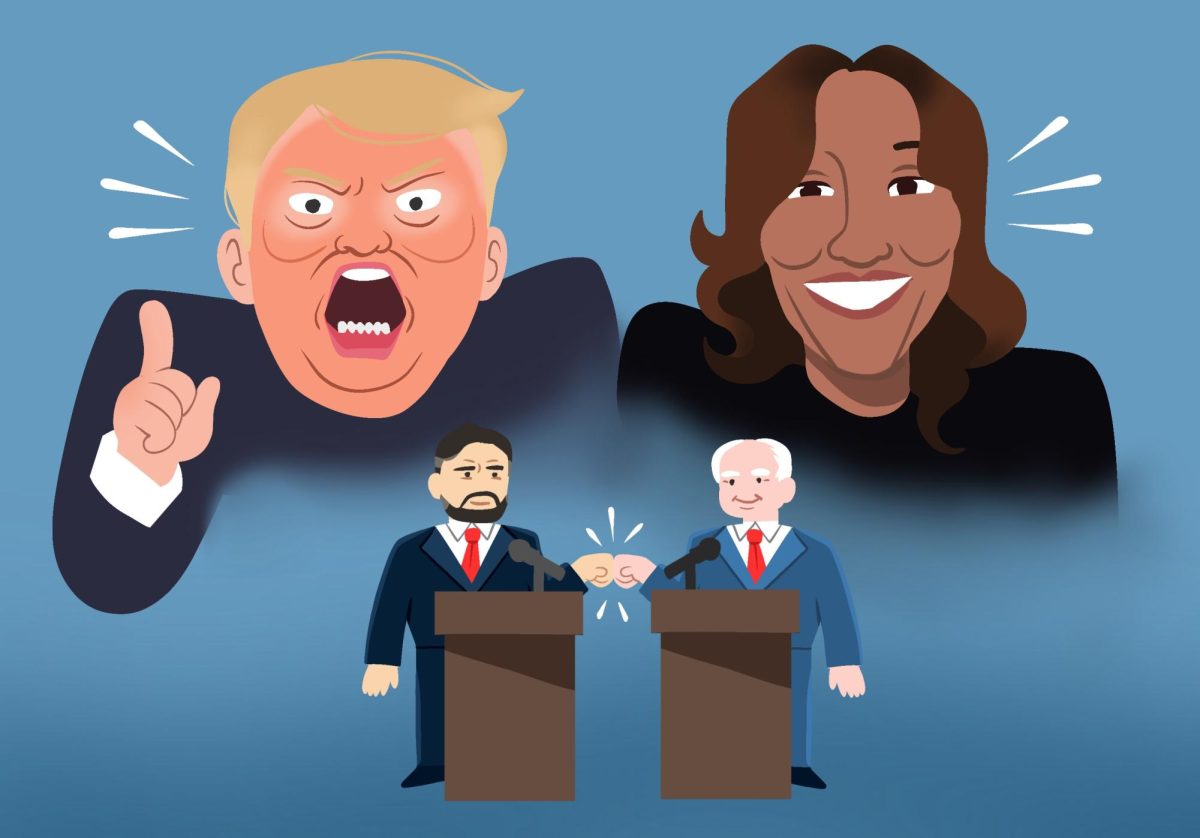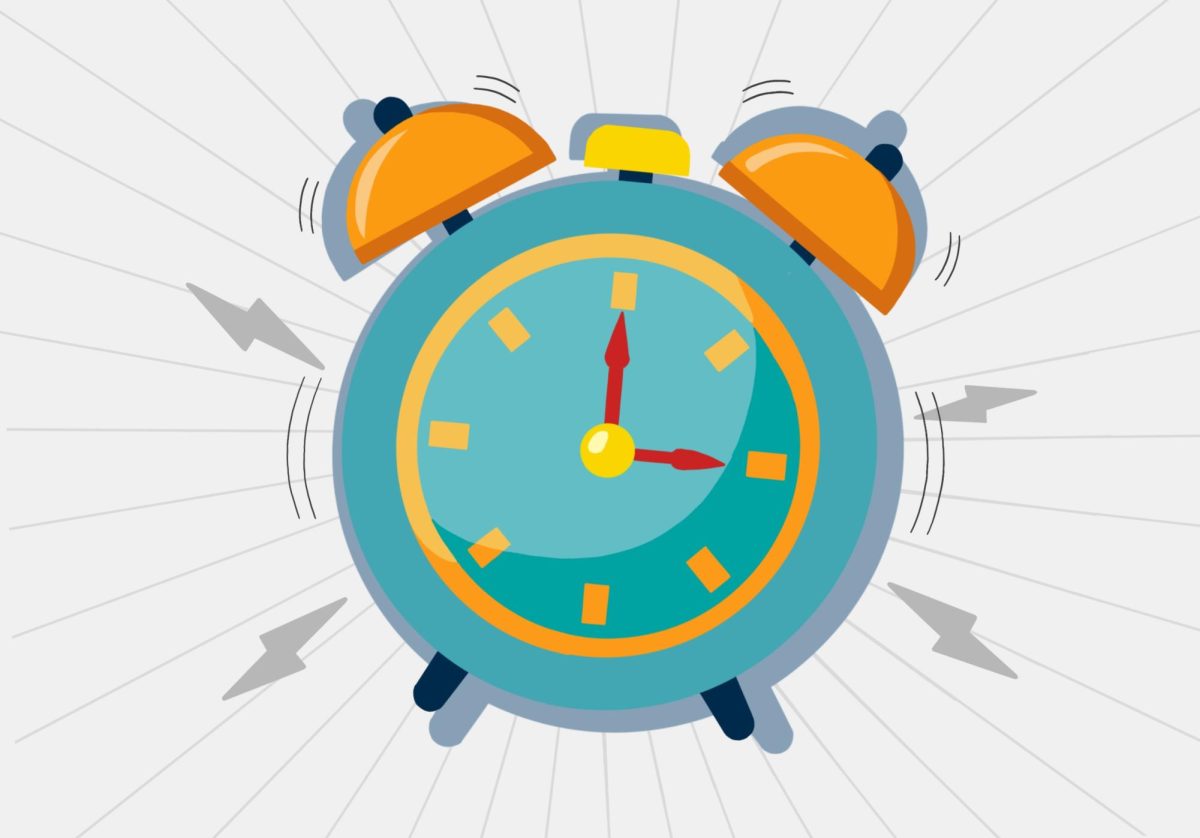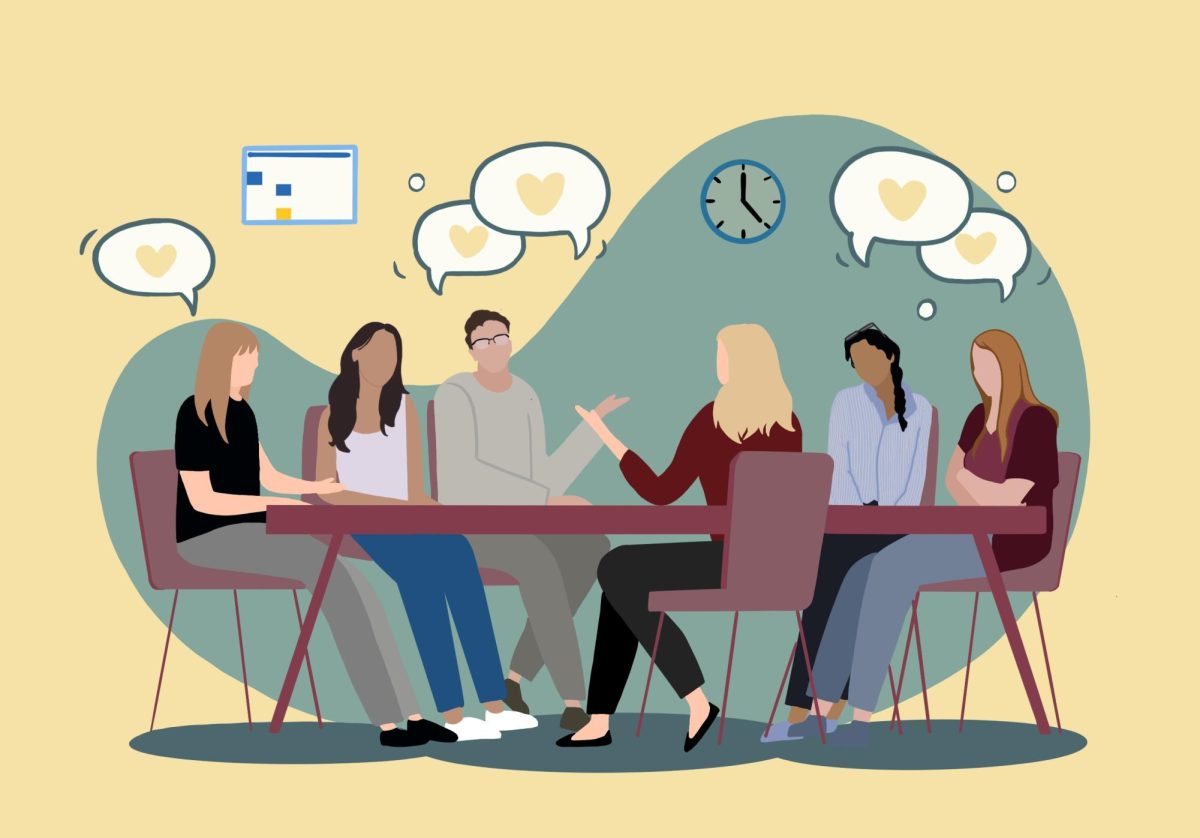Since George Floyd’s death, the city of Minneapolis has seen over a week of constant protesting. In the first several days, nearly 500 people were arrested, mostly for peacefully protesting after the curfew set in place by Gov. Walz.
There has been a lot of confusion surrounding protesting: how to safely protest, where to go, and, if unable to physically attend, where to donate and what to promote. As an Editorial Board, we have found information that hopefully encourages safer protesting, tips to protect your identity and additional resources for those unable to join the front lines.
Start with packing a backpack or a small bag that’s easy to carry. Fill it with a few snacks, a water bottle, some goggles to protect your eyes from potential tear gas, your ID in case you’re arrested, basic medical supplies like alcohol wipes and Band-Aids, and some cash. Using cash can protect your purchasing information better than using your credit or debit card. And make sure to bring your sign!
When it comes to clothing, try to put on things that make you indistinguishable from others. If weather permits, wear more layers to limit the irritation from tear gas as well as provide another barrier between your skin and potential contact with rubber bullets. We are still in the middle of a pandemic, so wearing a mask is crucial. The Black community is already disproportionately affected by COVID-19, so it’s important that protesters do their best to limit the spread. You’ll be on your feet a lot, and at times may be running, so good walking shoes are helpful. It is also recommended to remove contact lenses in case you come into contact with pepper spray or tear gas. If the droplets get caught between the lens and your eye, it could cause damage.
If these tips appear outrageous, it’s because they are. We are told that the police are meant to protect and serve. But, as social media and our recent coverage have shown us, police are using tear gas and rubber bullets on protesters and targeting the people fighting for justice and change. We feel that our readers, if they decide to go out and protest, should be prepared for all situations they could encounter.
The fact of the matter is that the Black community has over 400 years of proof to justify fear and mistrust of law enforcement. Police have never been equated to complete safety and protection. The fear that many non-Black student protestors are feeling today is only a small empathetic glimpse into the years of generational fear, trauma and abuse that Black people have had to carry with them throughout history.
The world is also still experiencing COVID-19, so the idea of large gatherings can be unsettling for some who want to join the fight. For those unable to attend protests, there are still many ways to get involved. Organizations within the community have set up local bail funds as well as food and supply drop-offs for families in need. You could also make a financial contribution to local Black-owned businesses or other resources that support the Black community. We will link a few of those below.
For those unable to contribute financially, there are many petitions circulating that help to continue conversations about fighting for justice and advocating for Black lives. Contributing to the larger dialogue can even look like having those tough conversations with racist family members and ignorant friends. It isn’t easy, but it’s absolutely necessary in ensuring a safe, equitable and prosperous future for the Black community and others who are victims of racism and hatred.
Ex-officer Derek Chauvin has been charged with second-degree murder and manslaughter. The three other officers have also been arrested and charged with aiding and abetting murder. This is a conclusion that many have been waiting for.
But it is important to remember that, even though the officers in George Floyd’s case have been charged, the work doesn’t stop there. Our community hasn’t been protesting and fighting for justice for only George Floyd, but for Breonna Taylor. Tony McDade. Philando Castile. Tamir Rice. Michael Brown. Eric Garner. Trayvon Martin. Jamel Floyd. Michelle Cusseaux. Ezell Ford. Sandra Bland. For countless other Black people whose lives have prematurely ended by the hands of law enforcement. The protests shouldn’t end with the charging of four officers but with dismantling racist institutions and governing bodies that continue to wreak havoc and unjustly target those in the Black community.
Allyship is a lifelong and intentional choice. If you benefit from historically racist institutions or the color of your skin doesn’t jeopardize your life, liberty and pursuit of happiness, you should be speaking up and speaking out. It is crucial that we continue to advocate for Black lives. Our work is not circumstantial. The conversation and demand for justice shouldn’t end when it’s convenient for those unaffected.
Local Resources:
Reclaim the Block: a local organization that works with the Minneapolis community and city council members to relocate money from the police department to other areas that promote community health and safety.
Communities United Against Police Brutality: another local organization that operates in Minneapolis and St. Paul to combat police brutality through legislative action, education, research and support for victims and their families.
West Broadway Business and Area Coalition and Northside Funders Group: groups partnering to raise money to rebuild and support Northside businesses that have been impacted by COVID-19 and recent riots.
Emergency Response Translation and Interpretation Services (ERTIS): from their website, “The mission of the ‘Emergency Response Translation and Interpretation Services’ initiative is to provide Minnesota-based organizers and pop-up donation sites with access to translation and interpretation services.”
Volunteer opportunities:
YWCA Midtown: They are in need of Spanish, Somali, Hmong, Farsi and Amharic translators.
Petitions:
For sites that are receiving donations and distributing food and supplies, please consult this map.


